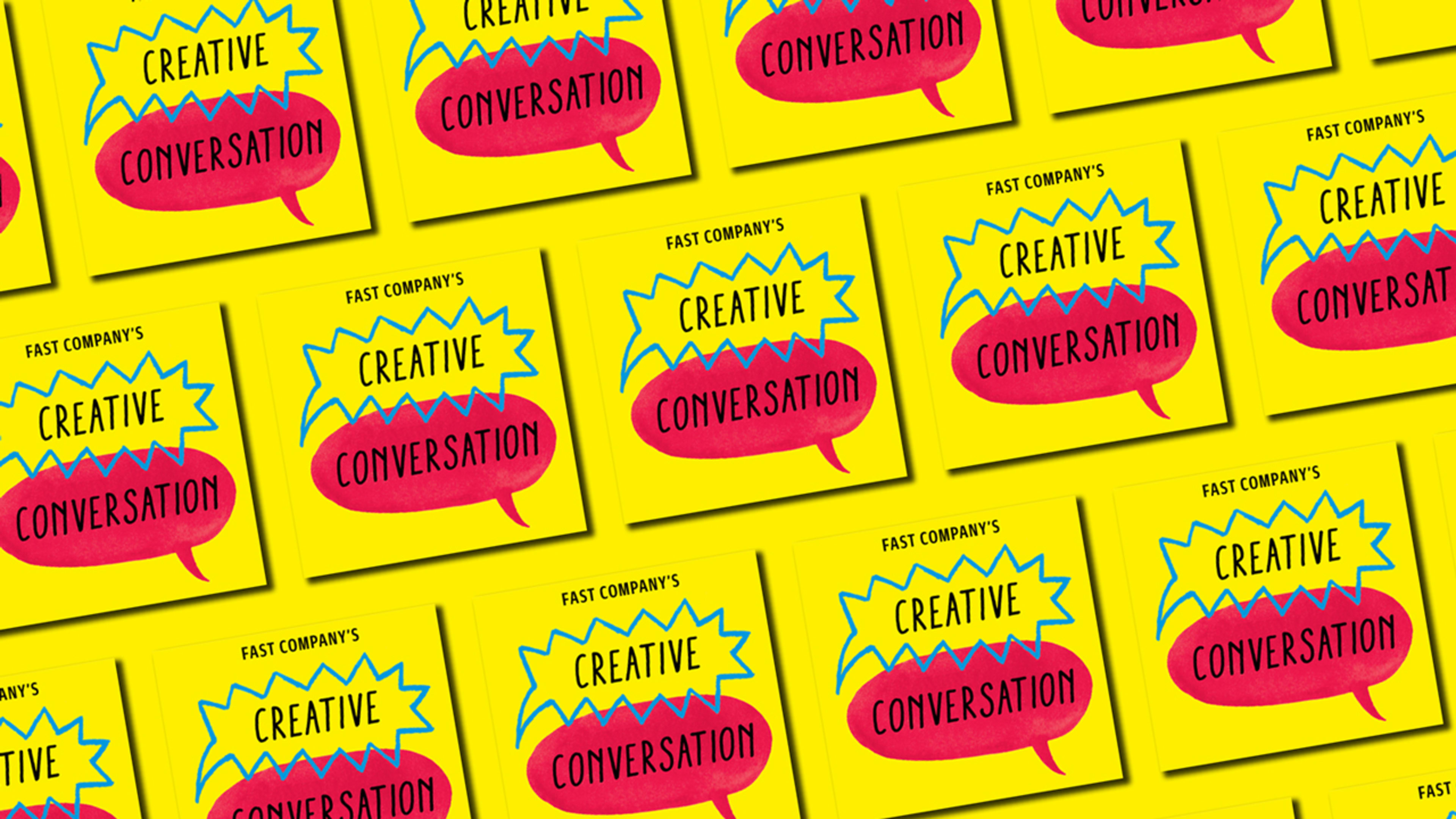Listen to the latest episode of Fast Company‘s podcast Creative Conversation featuring composer Max Richter here.
Max Richter’s work has colored everything from ballets and operas to TV shows and films, including Black Mirror, The Leftovers, and the upcoming period drama Mary Queen of Scots.
What’s unique about Richter is the fact that his creative output is matched only by his ambition. Whether he’s rescoring a seminal work like Vivaldi’s Four Seasons, composing an eight-hour lullaby, or using classical music as a form of political protest, there’s a fearlessness that’s come to define his career.
“I think of my creative work as a set of experiments, moving from what you do know into a space that you don’t know,” Richter said during an interview for Creative Conversation. “And you explore that space by making work which steps out into it. So you’re in a pool of light and you’re stepping out into the dark and discovering stuff. It’s a process of inquiry, and that for me is really satisfying.”
Below are highlights from the episode:
Simplify your creative process
“When I first went to [legendary composer Luciano Berio] I showed him a piano piece I’d written, which was the classic student composers piano piece: unbelievably hard, insanely difficult, written on like seven staves—really octopus-type piano music. And, in a kind of a nice way, he just started making fun of it. It was interesting because a light went on for me. [He was] saying, what is it you’re actually trying to convey here? Why this? Rather than the piece as some sort of proof of a theory, what is it actually? What’s going on here on a human level?”
Return to innocence
“That childhood passion and involvement and being really submerged in something, that’s the kind of state I’m looking for all the time—and preserving that sense of magical possibility and wonder that children have. I think for artists, if you can stay connected to that, then you are in a good place.”
Don’t let creative success pigeonhole you
“Our very commercial sort of mindset, we’re used to relating to brands. So we turn an artist into a brand and then suddenly we just want more of that brand. And if they try and change, we get upset, which is crazy because the whole point about [creativity] is it’s unpredictable. It’s free. It goes beyond categories. I just really try to stay focused on what the material is wanting to do. My basic assumption is that no one will ever listen to it anyway. It’s fidelity to the material. That’s my contract: It’s me and the material. And if it connects with other people, I’m thrilled.”
Looking to yourself for creative inspiration
“We’ve all got stories to tell that no one else knows. We’ve all got this truly unique experience of being. So I would say cultivate that, because then also you’re cultivating something which is very natural to you. Often, especially young artists, you feel like you should be doing something. And I think that can be very destructive because creativity is about connecting with the stuff that’s deep inside you and making something out of that.”
Subscribe to Creative Conversation and Fast Company‘s other podcast Secrets of the Most Productive People wherever you get your podcasts.
Recognize your brand’s excellence by applying to this year’s Brands That Matter Awards before the early-rate deadline, May 3.
